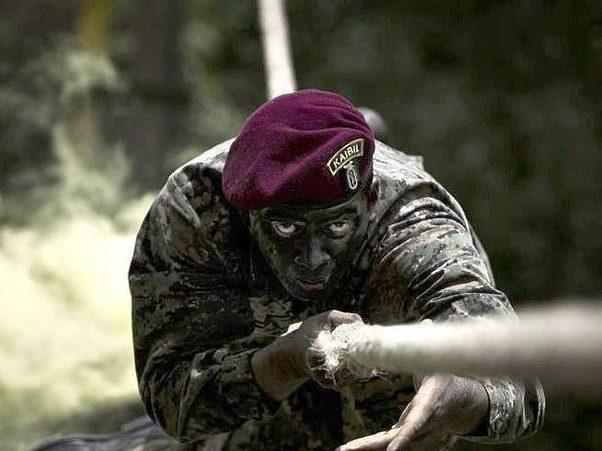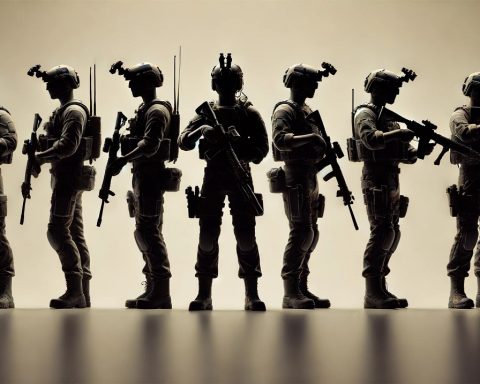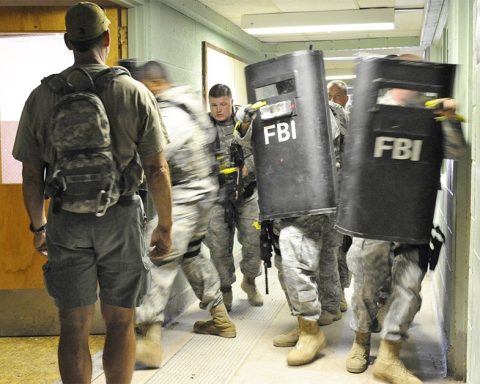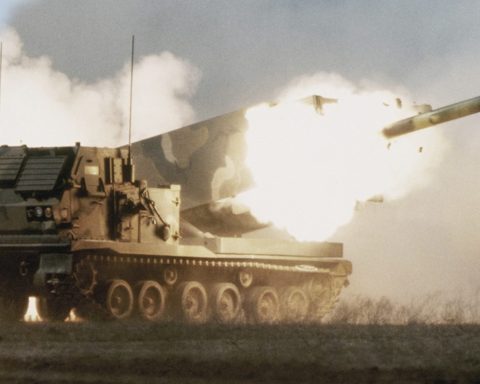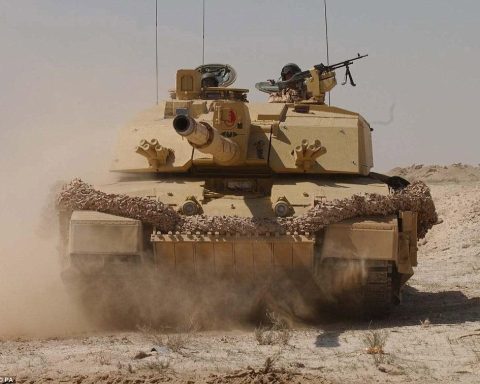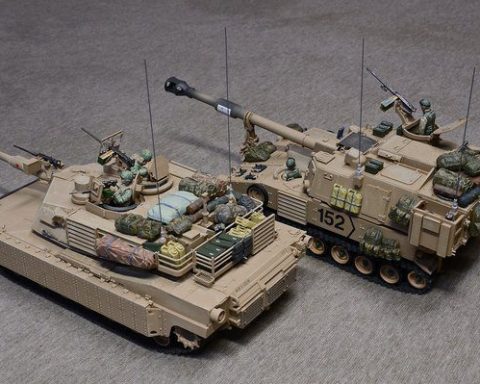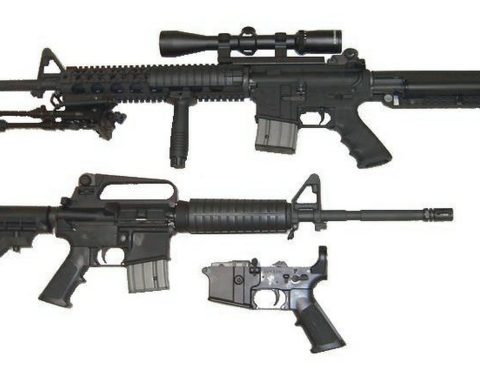It is without dispute that training programs for special operations forces are universally acknowledged as the most challenging military training available. Such programs are designed to identify exceptional individuals whose physical fortitude and cognitive abilities surpass the standard for soldiers and sailors.
Introduction
The selection and preparation of individuals for special forces operations necessitate a rigorous and demanding program, deemed among the most arduous training available in the realm of armed forces. Most special forces units globally have an intense training process, with only a select few successfully completing it.
Developing an elite unit is not simply about imposing extreme hardship. It also entails instilling a sense of pride and ownership in the individuals. Training programs worldwide have traditionally been successful in achieving this, dating back to the Spartan regime, considered by many as one of the most challenging military training programs in the history of humanity.
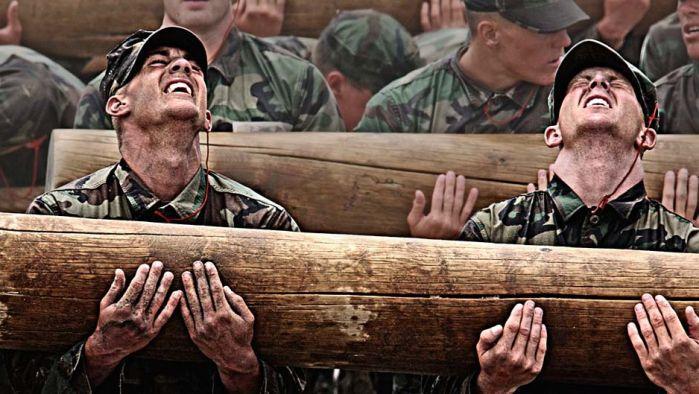
Toughest training in the world
For those who possess a deep understanding of the topic and maintain an objective perspective, it is apparent that training programs worldwide share several similarities in their nature and exhibit common characteristics in their structure and design. It is imperative to note that the objective of these programs is to separate the elite from the rest, which can only be achieved by pushing the most formidable individuals to their limits using the most demanding methods.
Respective doctrine
Despite the similarities in nature, each training program has its own unique attributes and difficulties that are tailored to the specific objectives of the training. In other words, the program’s focus is tailored to the desired profile and capabilities of the operators for each respective doctrine of the forces.
It is important to note that the profile and capabilities of a British SAS operator differ from those of a Guatemalan Kaibil operator, a Marine Recon specialist, a Swedish SOG operator, and so on. Each of these special forces units has unique selection criteria and training programs designed to suit its specific needs and goals. The one commonality among them is that all of these units hold extremely high standards in their selection process and training.

Different doctrines and purposes
Although special operations are the specialty of these units, each one is distinct. They employ various doctrines and have different objectives. Due to this, an operator from one unit may struggle or fail in some aspects of the training programs of another unit. This is a result of each unit’s unique methods of training and preparing its operators, which are all considered the most demanding in the world. One of the reasons why they engage in joint training and exercises is to learn from one another and refine diverse skills.
Your mind gives up long before your body does. Special forces training is about pushing you to your mental limits and seeing how you respond. If you give up, you’re finished. The idea of special forces being muscle-bound Rambo types is totally wrong; most are quite a normal size and very unassuming types.
Highly mediatized units
Mainstream media is often accountable for emphasizing certain training programs of highly publicized units (such as the Navy SEALs, 75th Rangers, Spetsnaz, SAS, etc.) while neglecting to acknowledge other equally capable units around the world, whose training programs are equally demanding.

This partial and one-sided perspective of the special forces community fuels superficial discussions, unrefined rankings, recurring opinions, and inquiries regarding which unit boasts the “most challenging training” or is “the superior in the world.”
